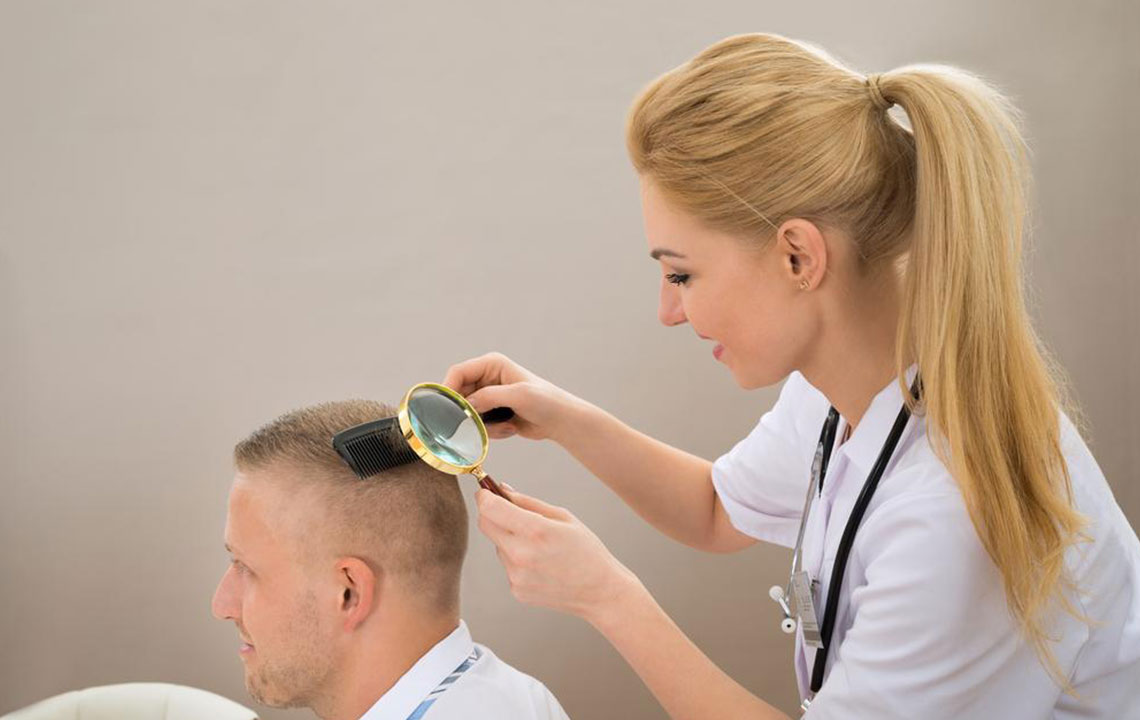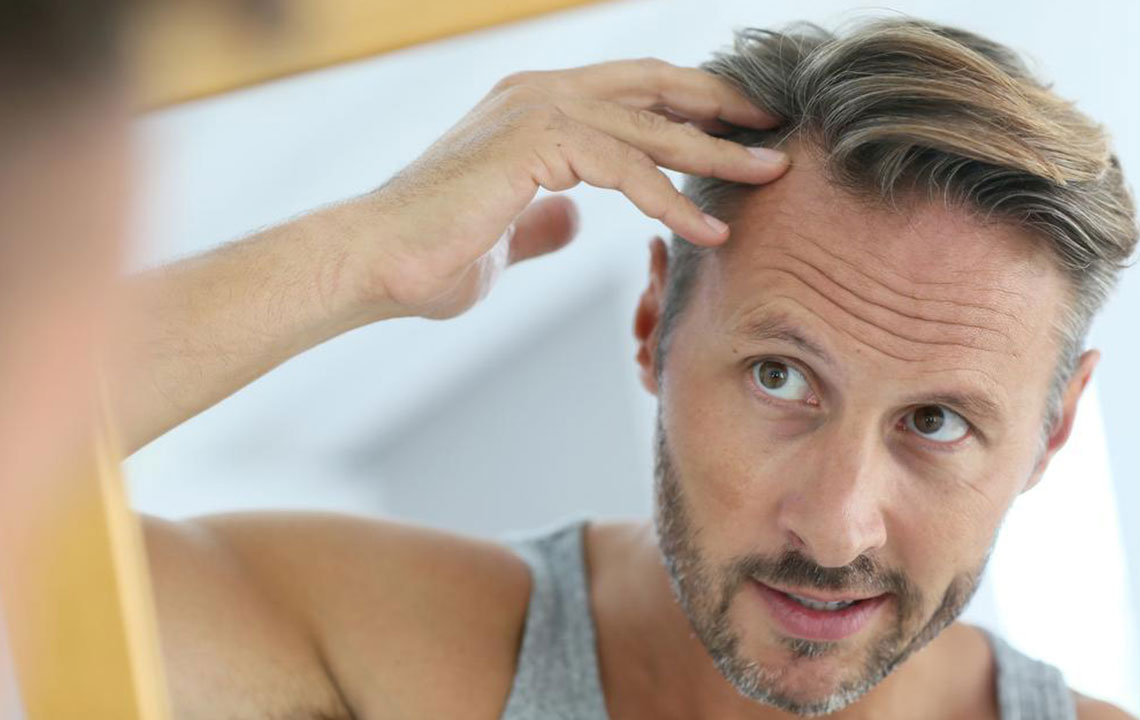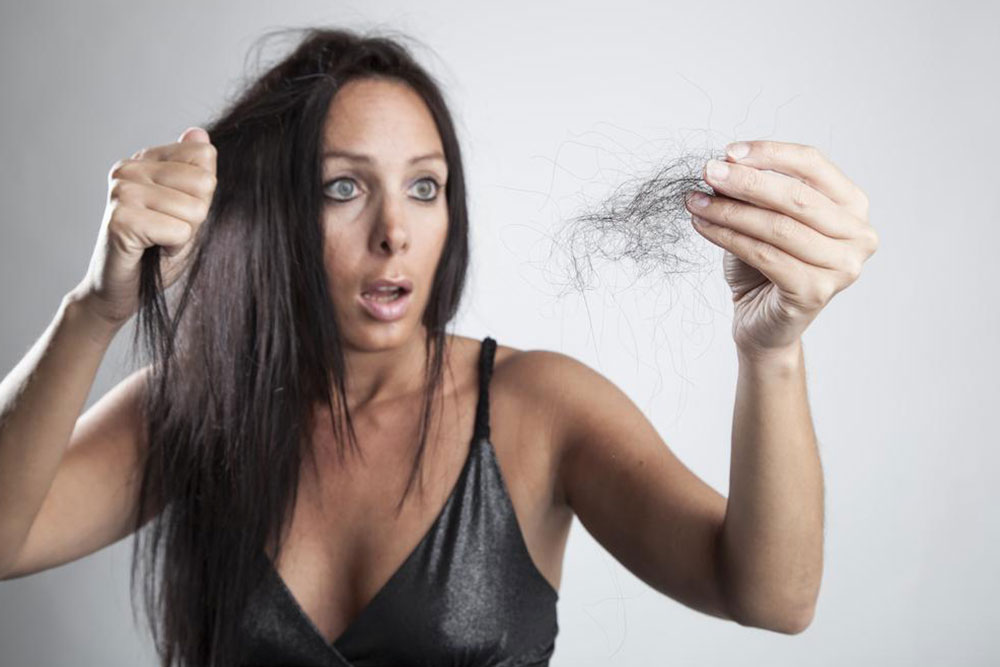Your Ultimate Guide to Combatting Hair Loss Effectively
This comprehensive guide provides detailed insights into effective hair loss solutions, including lifestyle changes, natural remedies, and advanced treatments. Learn how proper nutrition, scalp care, and medical options can help restore hair density and confidence. Early intervention and personalized strategies are essential for combating hair thinning and maintaining healthy hair overall.

Your Ultimate Guide to Combatting Hair Loss Effectively
Experiencing noticeable hair thinning or sudden hair loss can be a distressing experience for many. While hair loss is often associated with the natural aging process and genetic predispositions, early signs of hair shedding deserve attention and proactive treatment. Recognizing the underlying causes and exploring available remedies can significantly improve hair health and restore confidence. From simple lifestyle modifications to advanced medical procedures, there are numerous options tailored to individual needs for combating hair loss effectively.
Hair loss affects a significant portion of the population, with causes ranging from lifestyle factors to underlying health conditions. Understanding these causes is paramount for selecting the most suitable treatment plan. This comprehensive guide dives deep into the various causes of hair thinning, preventive tips, natural remedies, medical interventions, and lifestyle habits that can make a remarkable difference in hair vitality and density.
If you notice increasing hair fall or are covering thinning patches with accessories like scarves or hats, it’s time to explore effective strategies to restore your hair’s health and appearance. Addressing hair loss early on offers the best chance of success and minimizes emotional distress.
Key Lifestyle Changes to Reduce Hair Shedding
Prioritize Nutrition
The foundation of healthy hair starts with a balanced diet rich in essential nutrients. Hair is primarily composed of protein, making protein-rich foods integral to hair growth. Foods like lean meats, fish, eggs, legumes, nuts, and seeds supply the amino acids needed for hair repair and growth. Iron, vitamin B12, and zinc are also critical; include leafy greens, citrus fruits, berries, and fortified foods to meet these needs. Limiting processed foods, excess sugars, and alcohol consumption supports overall health and prevents nutrient deficiencies that can lead to hair thinning. Avoid crash diets, which often deprive hair follicles of vital nutrients and can accelerate hair loss.
Enhancing scalp health and circulation is another effective way to stimulate growth. Regular scalp massages during shampooing can improve blood flow to hair follicles, encouraging healthier and thicker hair. Be gentle when handling wet hair—pat it dry with a soft towel instead of vigorous rubbing, as wet hair is more prone to breakage. Use minimal heat styling tools and opt for lower temperature settings to prevent thermal damage. Chemical treatments, bleaching, and excessive heat styling can weaken hair shafts, leading to breakage and slow growth.
Protect your hair from environmental stressors such as excessive heat from hot showers and UV rays from the sun. Use lukewarm water instead of hot water when washing hair, and consider covering your head with hats or scarves during prolonged sun exposure. Avoid scratching or irritating the scalp, especially if you have dandruff or fungal infections, as this can worsen hair loss. Persistent scalp itchiness should be evaluated by a healthcare professional to rule out underlying conditions.
Some medications and medical treatments can influence hair health. Birth control pills, antidepressants, and chemotherapy are known to contribute to thinning hair. Always consult your healthcare provider before stopping or changing any medication. For those seeking permanent solutions, surgical options like hair transplants, scalp reduction, or follicle transplants are available. These procedures are tailored to individual scalp conditions and can provide lasting results when combined with proper hair care routines.
In conclusion, combating hair loss requires a multifaceted approach involving proper nutrition, gentle hair care, environmental protection, and medical consultation when necessary. Implementing these strategies can lead to thicker, healthier hair and boost self-confidence. Early intervention is key, and with the right treatment plan, significant improvements are achievable. Maintaining consistent habits and seeking professional guidance can make a profound difference in your hair health journey.





